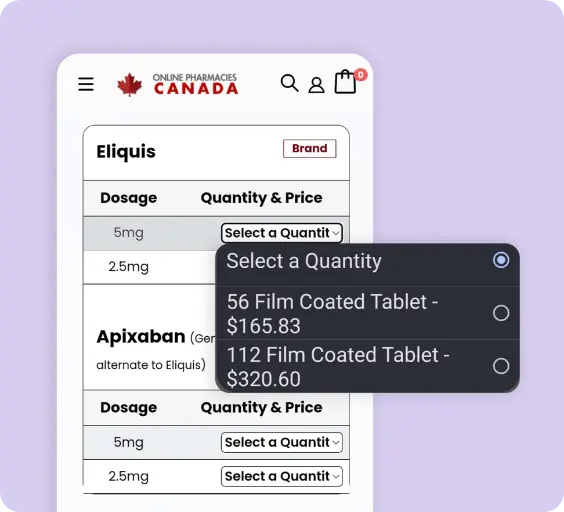Naproxen sodium is available in tablet form to be taken orally as per the doctor’s instructions. Usually, it is taken two or three times a day with a full glass of water, and one should not lie down for at least 10 minutes after taking this medication to avoid any adverse effects. Take the tablet with food, milk, or an antacid to prevent stomach upset.
The dosage of Naproxen sodium is determined based on your medical condition and your response to treatment. To minimize the risk of stomach bleeding and other potential side effects, take the tablet at the lowest effective dose for the shortest possible time, without increasing the dose or frequency beyond what is prescribed by your doctor or indicated on the package label.
When taking the tablet “as needed” (not on a regular schedule), the pain medication works best if taken at the first signs of pain. Waiting until the pain has worsened may result in the drug losing its effectiveness. If your condition either doesn’t improve or worsens, or if you believe you have a severe medical issue, seek medical attention immediately.

 Prescription Required
Prescription Required
 Formulation: Tablet
Formulation: Tablet
 Prescription Required
Prescription Required
 Formulation: Tablet
Formulation: Tablet





















REVIEWS